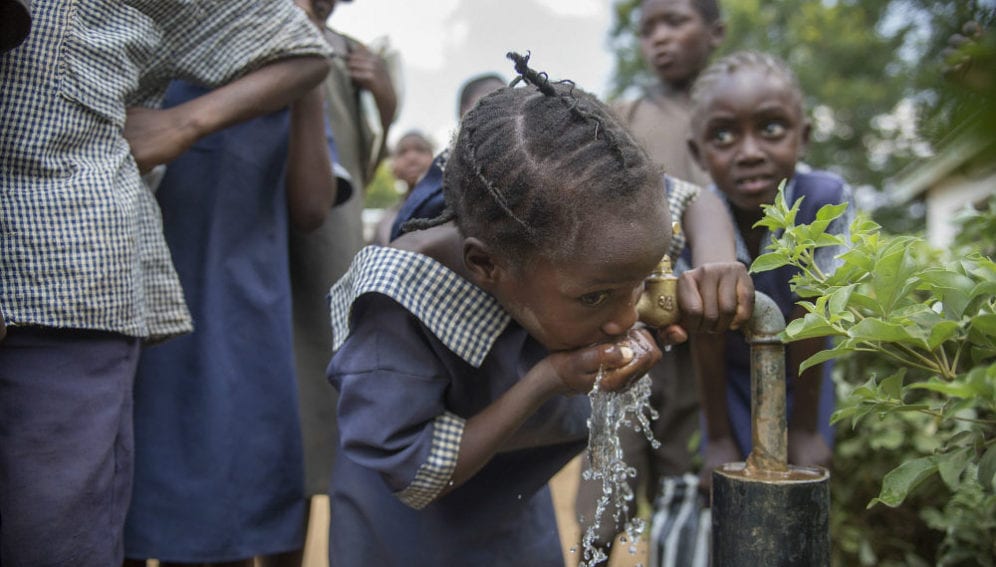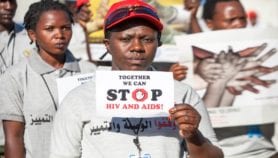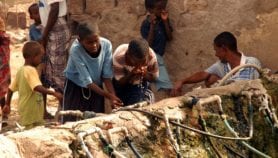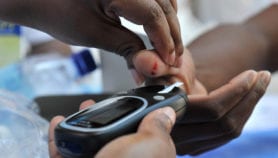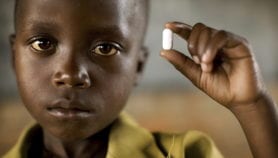By: Inga Vesper
Send to a friend
The details you provide on this page will not be used to send unsolicited email, and will not be sold to a 3rd party. See privacy policy.
[LONDON] Low staff motivation and poor enforcement of regular testing contribute to the bad quality of water in many Sub-Saharan African countries, a study has found.
The provision of clean water for all people by 2030 is part of the Sustainable Development Goals. Having good and regular information about water quality is crucial to preventing waterborne diseases including cholera. The WHO estimates that around half a million people die every year from contaminated water.
The study examined the operations of 26 water supply and surveillance agencies in Ethiopia, Guinea, Kenya, Senegal, Uganda and Zambia, covering water supply for nearly 40 million people.
It found that the worst performing agencies suffered from low staff morale and operated in countries where regular testing of water quality is not enforced.
“We have to develop stronger incentives for managing water safely.”
Rachel Peletz, Aquaya Institute, Kenya
“Institutions that do maintain water testing standards are often led by individuals with strong internal motivation to ensure drinking water safety,” says Rachel Peletz, the study’s lead author and director of programmes at the Aquaya Institute, Kenya.
The researchers found that motivation of leaders was the most important component to ensure that water quality agencies could do their job.
The study, which was published on 31 May in the International Journal of Hygiene and Environmental Health, also found that more than half of all agencies struggled getting the equipment they needed and only six had dedicated transport to get them to and from testing sites.
Of the 26 agencies, 17 met their resting targets at least 70 per cent of the time, but only ten managed to do so for more than six months in a row. Interviews with staff found that most received no feedback on their work, and had no incentives to do the testing well.
“If there is no motivation or incentives, many institutions won’t comply with monitoring requirements,” Peletz explains.
Luuk Rietveld, a professor of urban water technology at the Technical University Delft in the Netherlands, says that additional motivation could come from the demands of consumers. One way to do this, he says, is to increase water tariffs, which would pay for better services and also encourage users to hold the providers to account by reporting problems and pollution.
“Due to all types of historic reasons, the populations accept bad operation without stimulating the water boards and companies to perform better,” he tells SciDev.Net. “You need to include them to help institutions do their job as well as possible.”
The study found that international aid programmes focus largely on the providing equipment and initial training. Peletz calls for aid agencies to think more holistically about water quality testing such as including training and motivational programmes in their support.“We have to develop stronger incentives for managing water safely,” Peletz says.
This piece was produced by SciDev.Net’s Sub-Saharan Africa English desk.
References
Rachel Peletz and others Why do water quality monitoring programs succeed or fail? A qualitative comparative analysis of regulated testing systems in sub-Saharan Africa (International Journal of Hygiene and Environmental Health, 31 May 2018)


